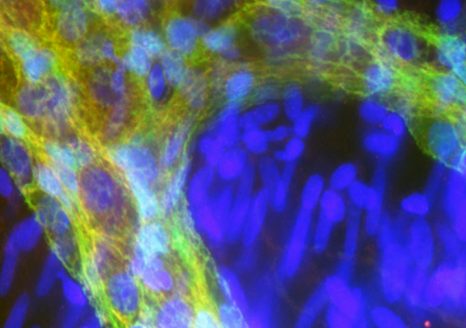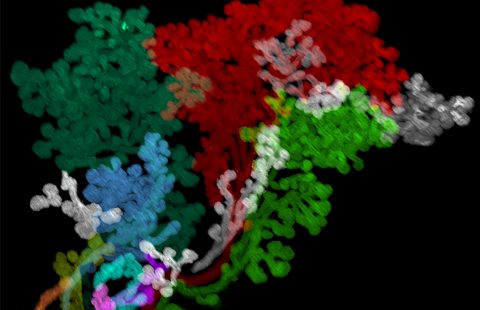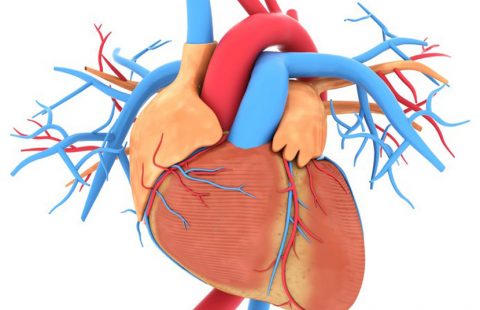©Inserm/Naveilhan, Philippe/U913/IMAD
Inadequate protein intake in a gestating female is linked to lasting digestive abnormalities in her offspring. When studying the link between perinatal malnutrition and digestive system in rats, a team of researchers from Inserm in conjunction with Inra, Université de Nantes and University Hospital Nantes discovered functional digestive abnormalities in young rats and an inappropriate response to stress. Although conducted in animals, this research once again demonstrates the incidence of perinatal stress on health in adulthood and draws our attention to the impacts of restrictive diet-related or involuntary deficiencies during pregnancy. This research has been published in The FASEB Journal.
Gestation is an extremely vulnerable time when it comes to normal fetal development and the maintenance of good health throughout life. Several studies have already revealed effects of maternal malnutrition on the cardiovascular and cognitive development of offspring, with repercussions in adulthood. This time, the focus was on the digestive system of young rats, just before they reached adulthood. This involved halving the protein intake of the mothers throughout the gestation and lactation periods and then reintroducing a normal diet once the offspring were weaned.
The researchers began by studying digestive system functioning in the young rats, particularly intestinal motility and permeability. Motility corresponds to the frequency and speed of stool passage. Permeability represents the capacity of nutrients and other molecules to pass through the intestinal wall into the bloodstream. What they observed was an increase in these two parameters in the animals whose mothers had had an inadequate protein intake. They also detected high levels of stress hormone.
To understand these phenomena, the animals were subjected to a model of psychological stress. In the control rats, the stress situation (mimicked by isolating them on a platform with no way out, placed in the middle of a basin of water) triggered accelerated motility and increased permeability. However, this response was altered in the young rats whose mothers had consumed insufficient protein. Their basic digestive activity was greater but did not increase during the stressful event. “Their stress response appeared inappropriate, as if perinatal stress had desensitized the response to acute stress during future life”, suggests Hélène Boudin, Inserm researcher and co-director of this research.
The researchers then examined whether the digestive nervous system had been modified. They observed that the stress hormone induced an excess of neurons stimulating intestinal motility and permeability. These neurons, in addition to their large number, present the disadvantage of being unable to eliminate waste and toxins naturally. And this is “indicative of a poor capacity to respond to stress” clarifies Boudin.
These various observations enabled the researchers to hypothesize that: perinatal nutritional deficiency leads to an increase in the stress hormone in offspring, itself inducing long-term remodeling of the digestive nervous system. This would be responsible for digestive disorders that can weaken the intestine and impact on wellbeing and quality of life.
“This research also reinforces the hypothesis of the prenatal origin of certain digestive diseases and disorders. In addition, the mechanisms brought into play by the perinatal stress studied could be shared with those present in other diseases of malnutrition (overeating and undernourishment) and possibly also in neurodevelopmental diseases including some psychiatric diseases” clarifies Boudin. For her, this research once again shows the incidence of perinatal stress on health in adulthood and draws our attention to the impacts of restrictive diet-related or involuntary deficiencies during pregnancy.


